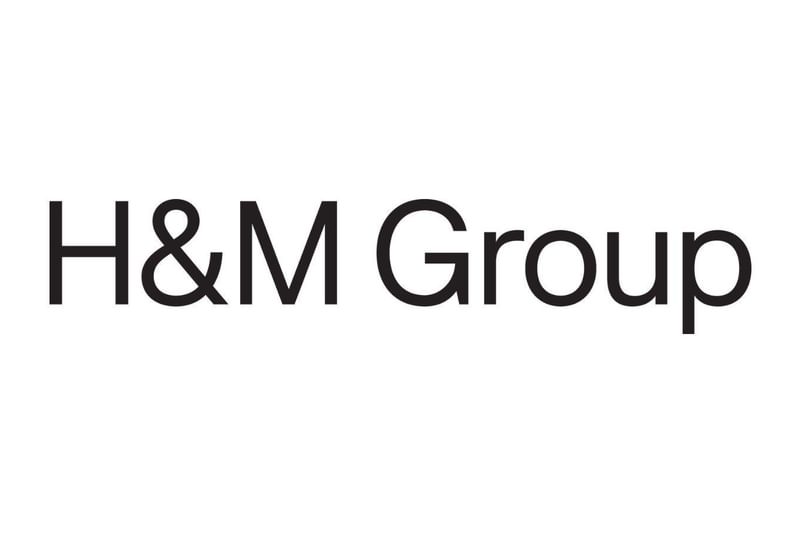
Setting the Standard: Inside SBTi’s evolution into a voluntary standard-setter
Jul 5th 2024
SBTi Chief Technical Officer and Co-Founder Alberto Carrillo Pineda explores the fundamental concept of standard-setting and the pivotal role it can play in driving corporate climate action.
When the Science Based Targets initiative (SBTi) was founded before the COP21 Paris Agreement, the goal was simple - get 100 of the world’s largest emitting companies to commit to reduce emissions in line with science.
To say we achieved this is an understatement. In the last decade, we have enabled more than 5000 organizations to set science-based emission reduction targets. That is something that all the SBTi team, partners, companies, financial institutions and a whole ecosystem of actors have enabled and should be proud of.
The global context has changed during this period. The climate crisis is now at boiling point. Meaning our work - to enable all companies worldwide to align with climate science - is more important than ever before.
To meet this challenge, the SBTi is transforming from an initiative to a formal voluntary standard-setter. This evolution will enable us to further boost credibility and integrity for businesses and financial institutions setting science-based targets. We’ve already taken big steps towards this - including appointing an independent Technical Council, introducing a Standard Operating Procedure for the Development of Standards and separating out our standard-setting from validation services - and I’m excited about the journey ahead.
But what exactly is a standard and a standard-setter? And what does becoming a formal voluntary standard-setter mean for the SBTi?
What is a standard?
The International Organization for Standardization (ISO) defines a standard as a “document established by consensus and approved by a recognized body, that provides, for common and repeated use, rules, guidelines or characteristics for activities or their results, aimed at the achievement of the optimum degree of order in a given context.” (ISO/IEC Guide 2:2004, 3.2)
In other words, a standard is a structured tool or set of rules that, when adopted, enables consistent movement towards an outcome or goal.
The SBTi produces technical standards that set benchmarks for decarbonization. Through adopting SBTi standards, corporate and financial institutions will adhere to a set of norms or implicit rules and use the same methodology as other organizations adopting SBTi standards.
Agreeing to adopt an SBTi standard is voluntary. However, once adopted, the implementing organizations must abide by its requirements and rules to continue to be associated with SBTi.
What is the role of a standard-setter?
A standard-setter is an entity responsible for developing, publishing, disseminating and maintaining standards within a particular industry, field or jurisdiction. It is a deliberative body that engages in collaboration, consultation and research with a wide range of stakeholders, including duty bearers, experts and other affected parties.
Standard-setters also develop strategies, establish policies and procedures, norms and guidelines and play a key role in developing best practices. They also develop complaints, allegations and appeals mechanisms, so that any party or person can submit concerns about the way a standard has been developed, or objections to aspects of the standards developed, including services provided by the standard setting organizations.
Once a standard is implemented, it must be continuously monitored and evaluated for assessments of its impact - that is, tracking how entities that have adopted the standard are faring in reaching its specific requirements and goals.
Becoming a voluntary standard-setter is enabling the SBTi to play a more influential role in shaping corporate sustainability practices, driving innovation, and accelerating measurable progress towards a more sustainable future. For companies and financial institutions, it means they can have greater confidence that their emissions reductions are in line with what’s needed to keep global heating below catastrophic levels, which in turn lends even more credibility to their decarbonization efforts and claims.
What steps has the SBTi taken to become a voluntary standard-setter?
Since announcing its plans to become an independent entity, the SBTi has taken several steps in its transition from an initiative to a formal voluntary standard-setter:
Creation of the SBTi’s Technical Council: The Technical Council was announced in March 2023 and first met in June of that year. This independent deliberation and technical decision-making body has delegated authority from the SBTi Board of Trustees to review and approve SBTi standards and other normative documentation that supplement SBTi standards.
Separation of Entities: The SBTi is separating into two entities: The SBTi and SBTi Services Limited. SBTi, which registered as a UK charity in 2023, will house standard setting functions. SBTi Services Limited will, when fully operational, be responsible for target validation services.
Standard Operating Procedure: The SBTi’s Standard Operating Procedure (SOP) for Development of SBTi Standards guides the entire process of standard development, from initial scoping and stakeholder engagement to drafting, consultation, final approval and adoption. It must be followed to develop and revise SBTi standards. Standardized instruments, including methods, guidance, criteria, pathways and tools, that started development before the adoption of the SOP and that are ongoing will seek to adhere to SOP requirements where possible. Standardized instruments developed before the adoption of the SOP will follow the procedures upon their next revision.
Preparation for Membership of an International Standard Assurance Body: The SBTi is in the process of formalizing its internal policies for claims making, finalizing complaints and appeals mechanisms, and developing a quality and data management system. This includes establishing monitoring, evaluation and learning processes as per codes of good practice for sustainability standards.
Development of Standards: The SBTi is in the process of revising its Corporate Net-Zero Standard, and is currently in the research phase, as set out in the SOP. It is also developing a Financial Institutions Net-Zero Standard, expected to start consultation in the coming months. In parallel, SBTi is developing or revising sector-specific standards, including for Chemicals, Electric Utilities, Oil & Gas and Automotive. All these projects are being conducted in adherence to the SOP.
You can follow the SBTi’s journey to become a formal voluntary standard setter by signing up for our newsletter, or following us on LinkedIn and X (formerly Twitter).
Latest News
View News


